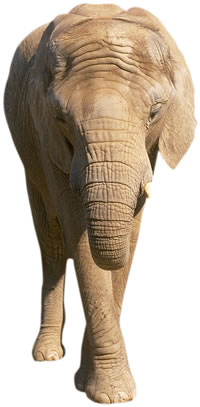An interesting article by Internet law professor Michael Geiston the BBC News website on how museums are embracing digitisation and the internet but at what cost.
As museums experiment with the internet – many are using online video, social networks, and interactive multimedia to create next-generation museums that pull content from diverse places to create “virtual museums” – the museum community has emerged as a leading voice for the development of legal frameworks that provide sufficient flexibility to facilitate digitisation and avoid restrictions that could hamper cultural innovation.
The more we can freely and easily use out of copyright digitised material for learning, the more enhanced and enriched learning can be.
Rather than rely on just the interpretation of a resource, we can use the resource as well.
For example when I was at school, we relied on text books to inform us about what happened in history. Today using a range of resources, alongside that book we can also read the newspapers of the day, the parliamentary papers and so much more. All from the comfort of our classroom, or from a learners’ perspective from the comfort of where they want to be, whether that be their home or in a coffee shop.

I am pleased to hear that museums are digitising their collections as it can only widen access to the general public including learners across the country.



 Having attended a really interesting session on Shibboleth and Federated Access, I am currently listening to the plenary about the other parallel sessions.
Having attended a really interesting session on Shibboleth and Federated Access, I am currently listening to the plenary about the other parallel sessions.